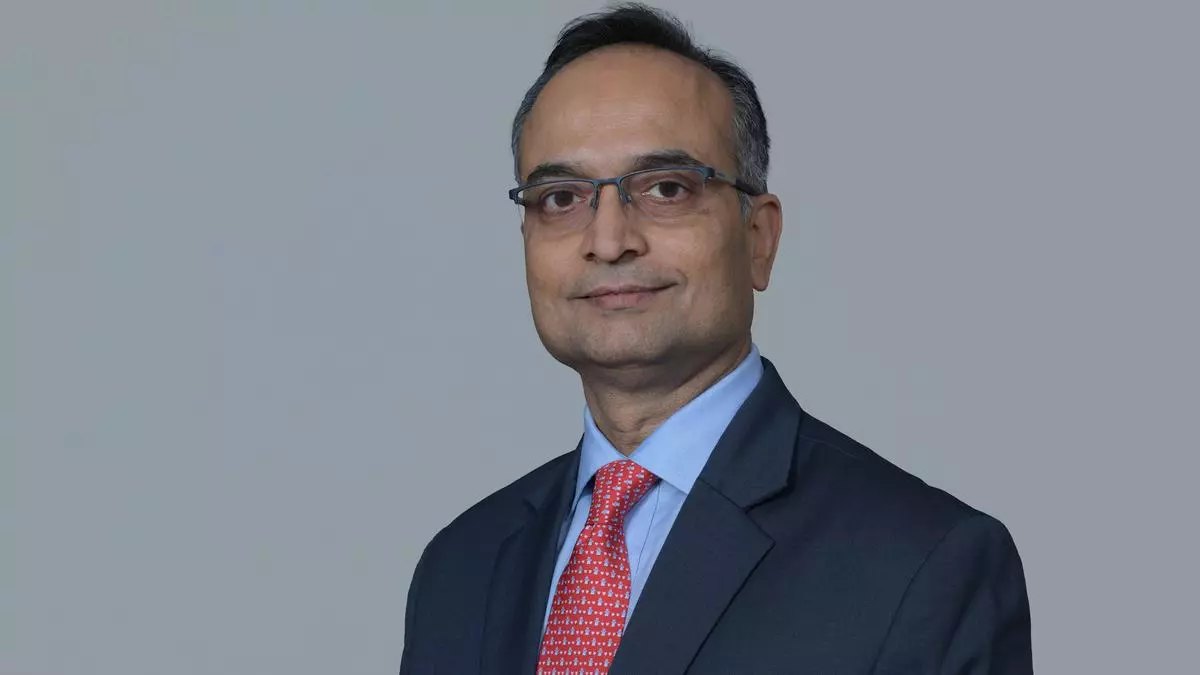You’ve been unscathed on the corporate lending side so far. Now, there are talks about return of private capex and government spends. Would you alter your propensity to ride this wave?
Yes, our strong underwriting practices have helped us keep our book clean through credit cycles, but this does not mean we will shy away from taking calibrated risks where returns justify the risk. In many of our smaller customers, we are sole bankers or have major share of their banking. Among our larger customers, we strive to strike a balance between concentration risks and staying relevant to them. It is not just exposure size; we also want to be a bank that can provide solutions to corporates on products, transaction banking, collections, and payments, so that we can help them on their day-to-day businesses. We prefer to be granular and, hence, the focus is on growing the SME- and mid-market book faster than the rest of the wholesale book. This granularity also protects us in the event of any adverse change in the economic environment. Infrastructure financing is one of our focus areas, and we have substantially grown our infra exposure in the last 12 months. While our focus is completed projects, we also look at under-construction projects backed by marquee sponsors.
After the 2018 clean-up of businesses, one would think the asset quality of wholesale business has improved by notches and the current promotor capital is sustainable and less suspect…
The corporate sector has raised significant equity over the last few years, and this has helped strengthen balance sheets. Some of this capital has come in from private equity players, including in infrastructure; they would need to be given an exit at some point in time which can come from public markets or another financial sponsor.
If we must draw a curve for what you spoke about as too good to be true, where would we be right now?
The RBI has raised rates by 250 basis points in the current cycle, but the interest cost for corporates has gone up much lesser, providing a benefit of 50-75 bps to corporates in their borrowing cost. I’d say it is also a combination of too much competition among banks and irrational pricing without considering the credit quality of the underlying borrower. But when corporates get cheaper funding for too long, it is likely to increase their risk appetite. That’s when accidents could happen.
How do you play the pricing competition?
As banks chase growth, competitive intensity tends to increase. The risk-return philosophy is ingrained in our decision-making. We look at overall income from a customer, including transaction banking, collections, payments. Having said that, we believe there is sufficient opportunity for us to grow our wholesale book in the mid to high teens with a significant focus on SME and mid-market.
We’ve had a flurry of regulatory changes to corporate lending since 2017-18. How have these impacted the bank?
The biggest impact in our wholesale business has been the current account circular. The circular is positive for banks in the long run. However, it restricts corporates to not work with banks who may be providing the best payment solutions if they don’t provide a minimum 10 per cent of bank finance. Ideally, we should democratise the choice of financing and products to corporates, based on pricing and product characteristics.
You’ve been laying a lot of importance on transaction banking…
Today, retail customers are used to the mobile app for all their transactions. Corporates also expect similar flexibility and convenience. At Kotak, we are focussing on providing the best customer experience, and Kotak fyn is a platform where our customers can do remittances, payments, collections and accounts services under a single login. Kotak fyn provides all our enterprise customers convenience to bank and access all our products under one integrated view and perform all actions in a few clicks. We have also extended this on our app, which goes one step ahead in providing on-the-go approval and view facility features across various product platforms. Very soon we will also include trade finance services on this app, which will provide a comprehensive access for all enterprise products under one app







































